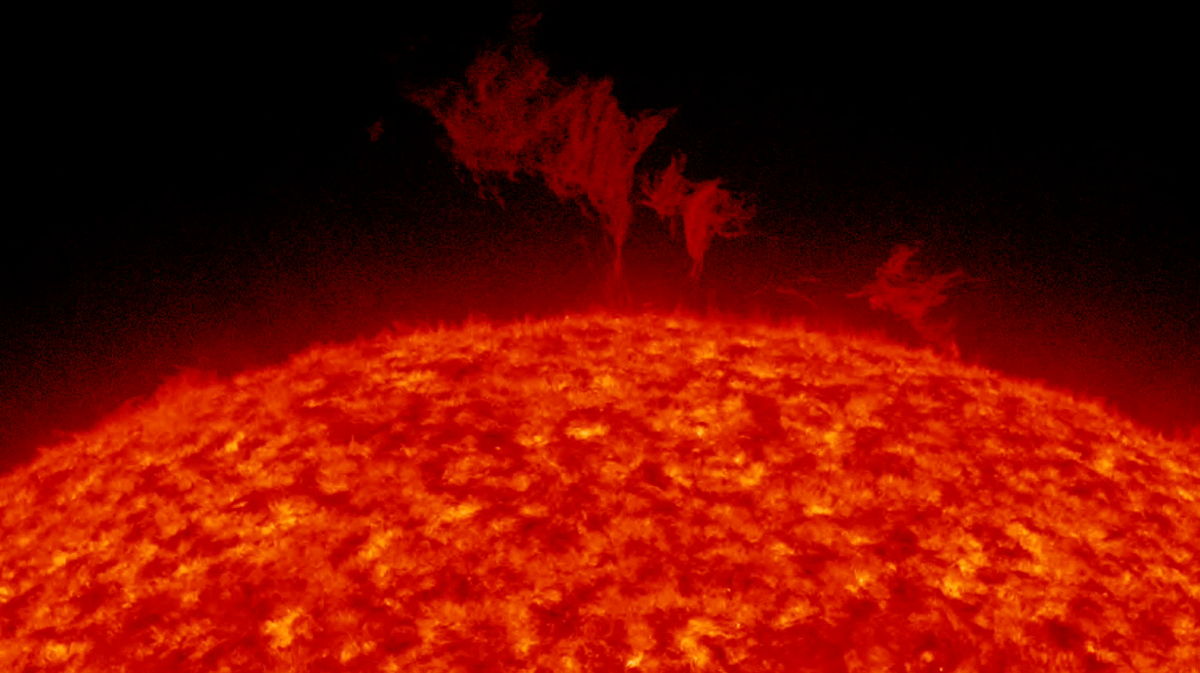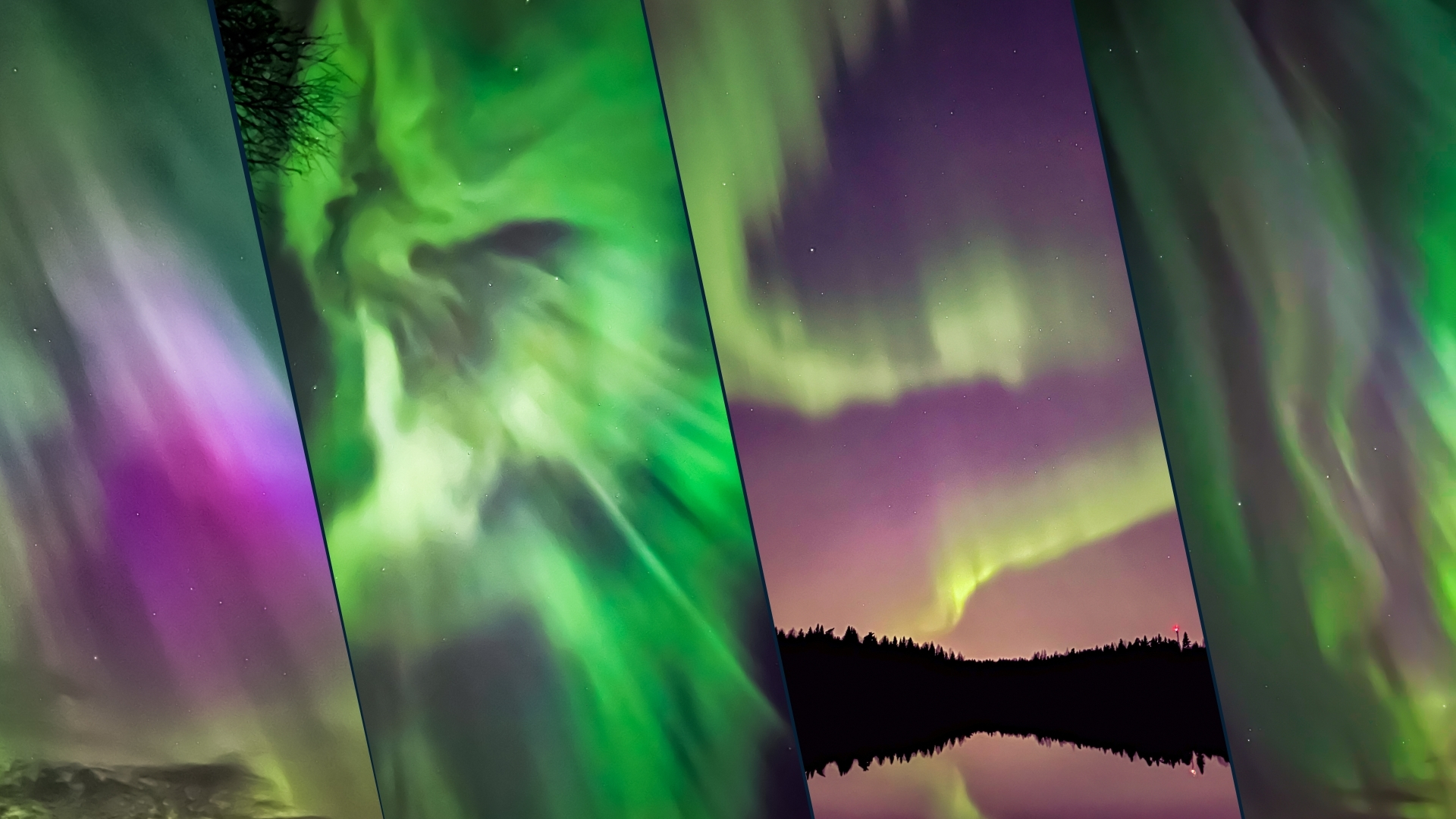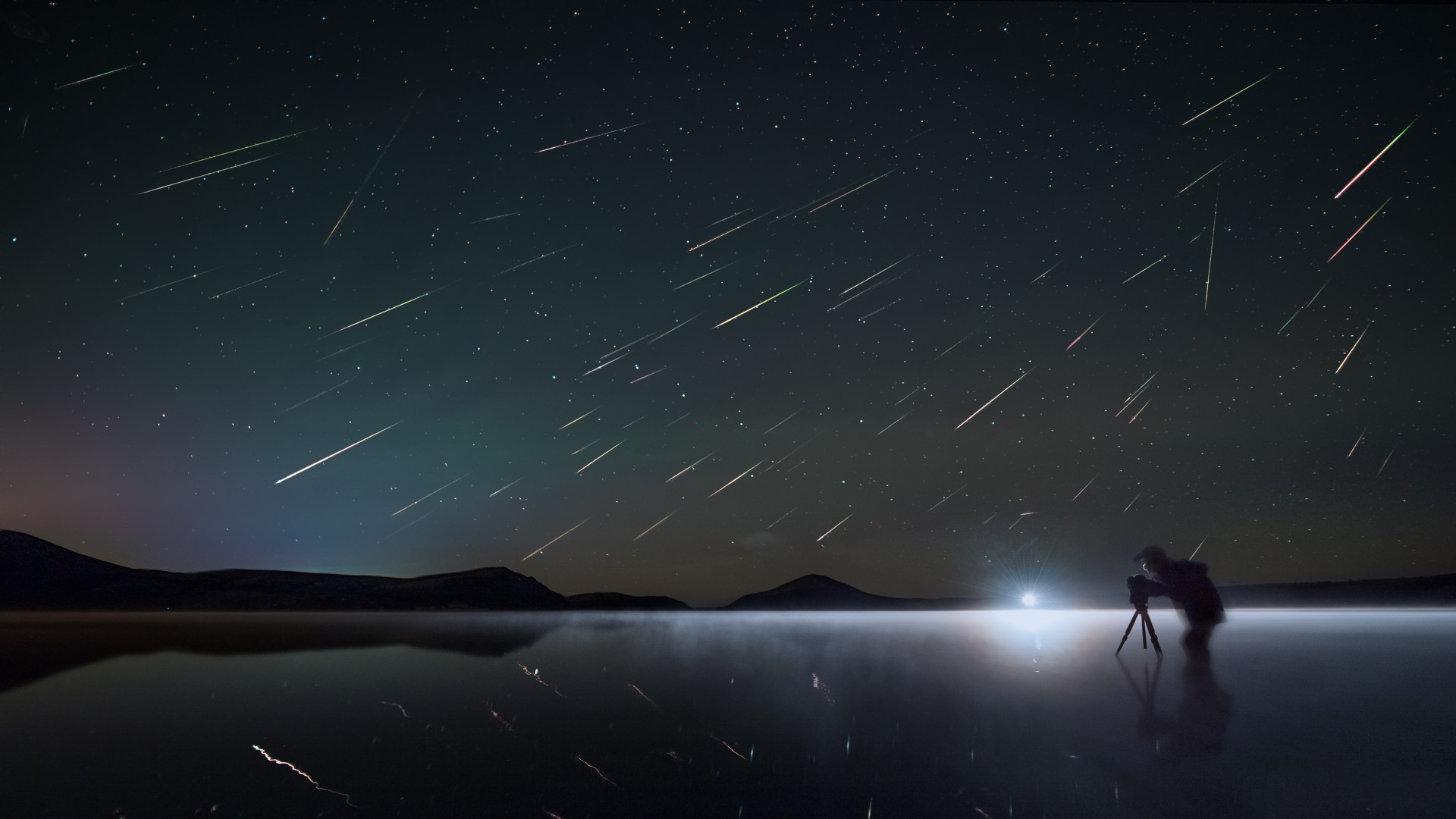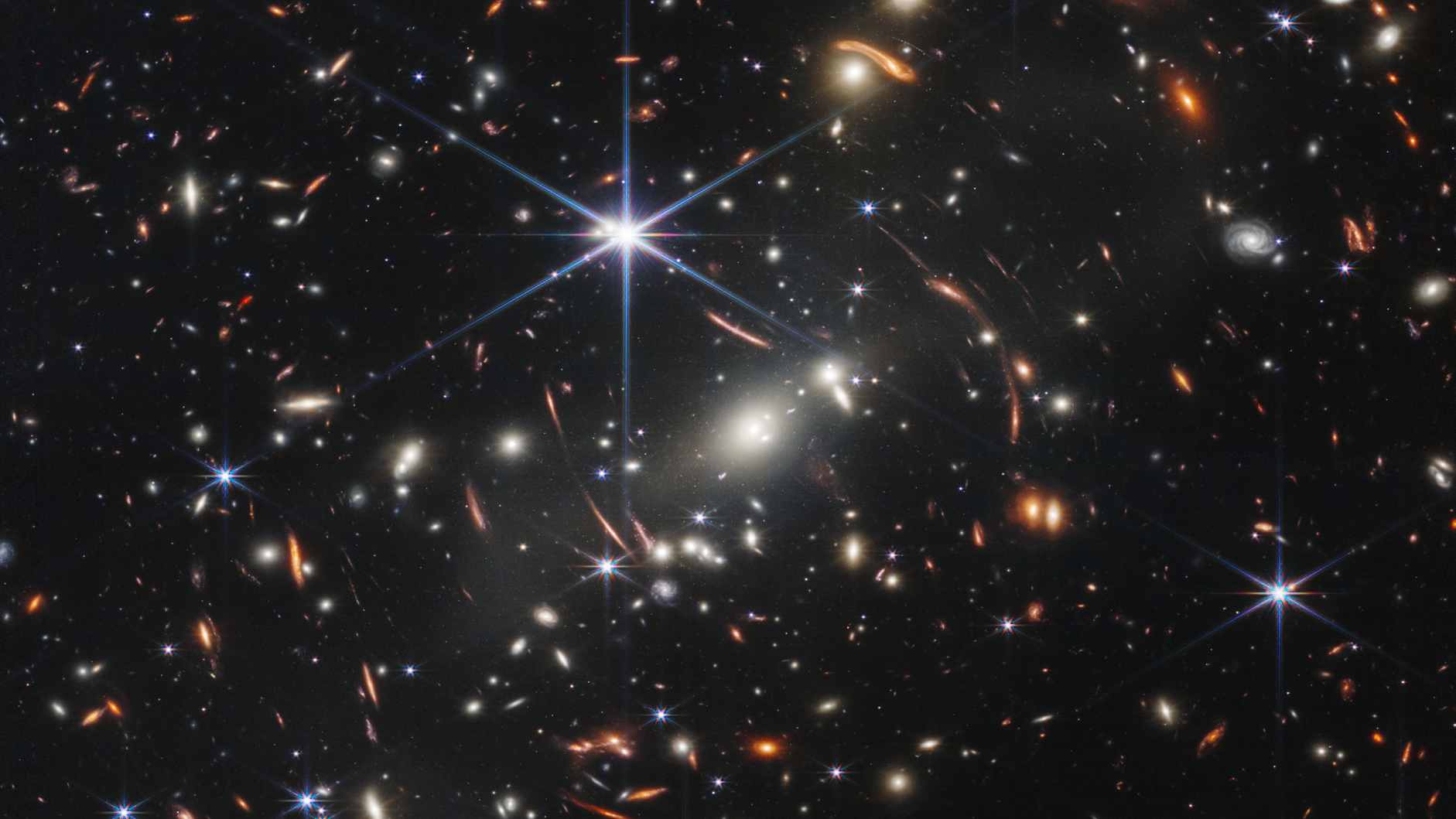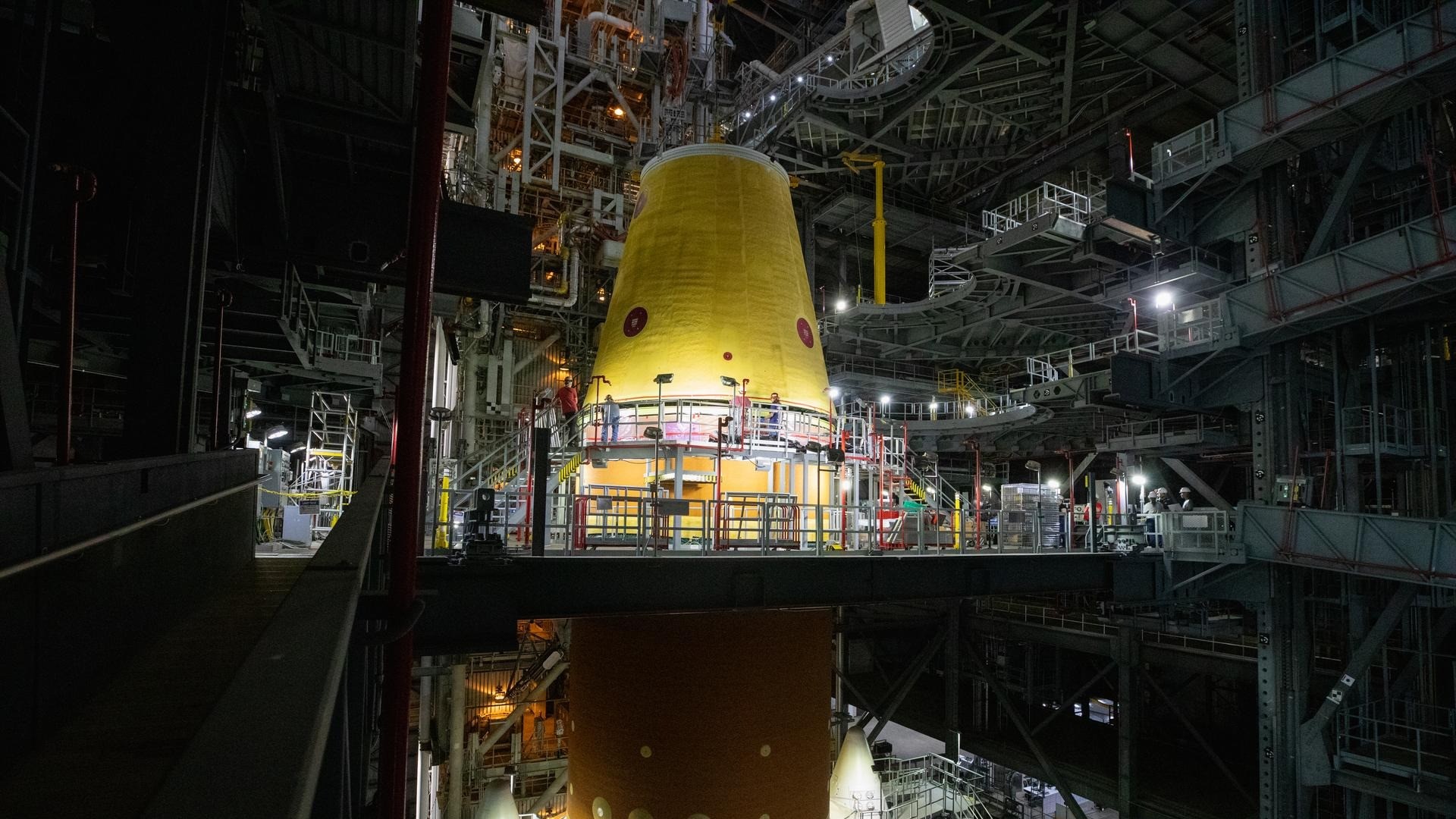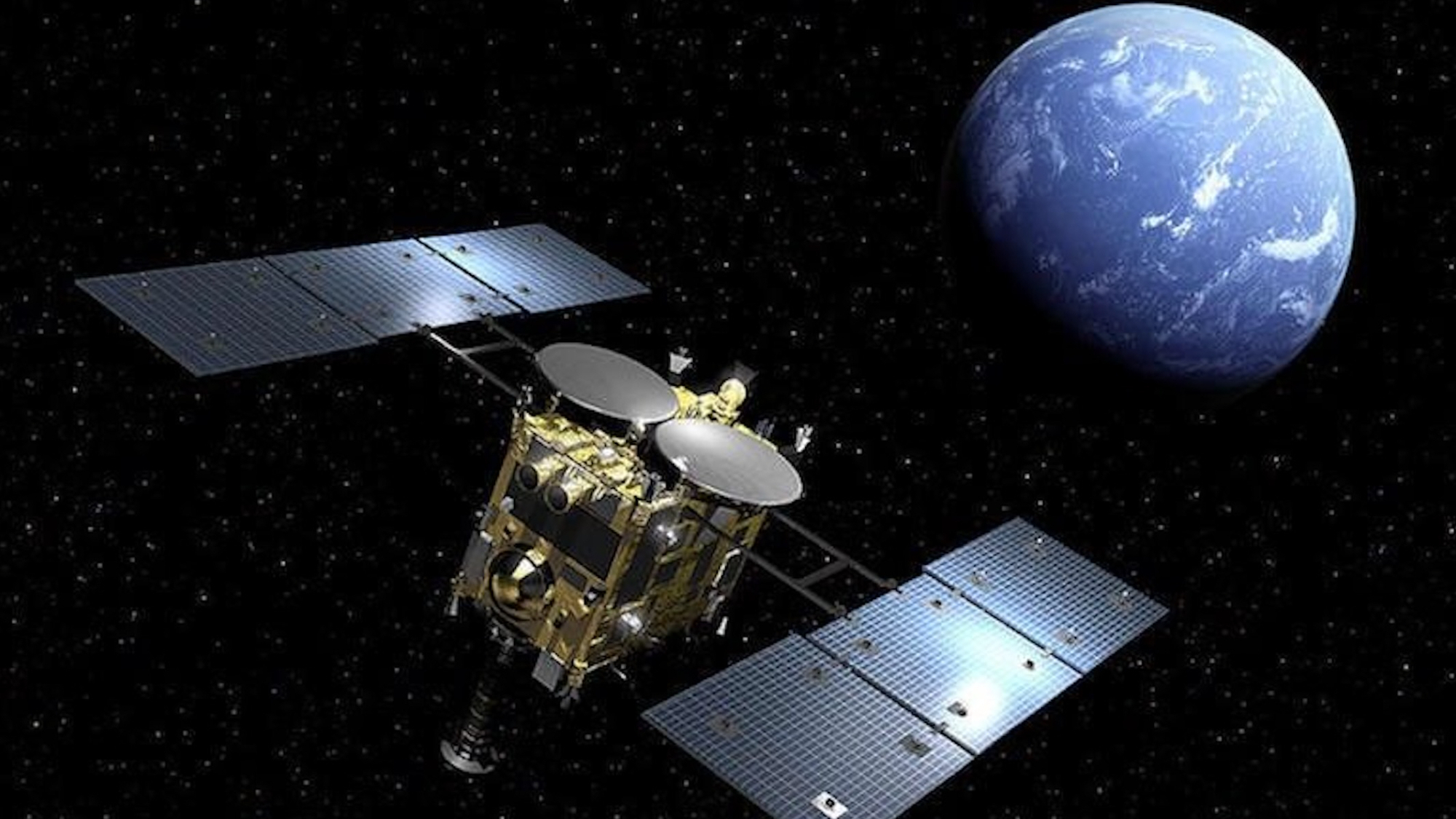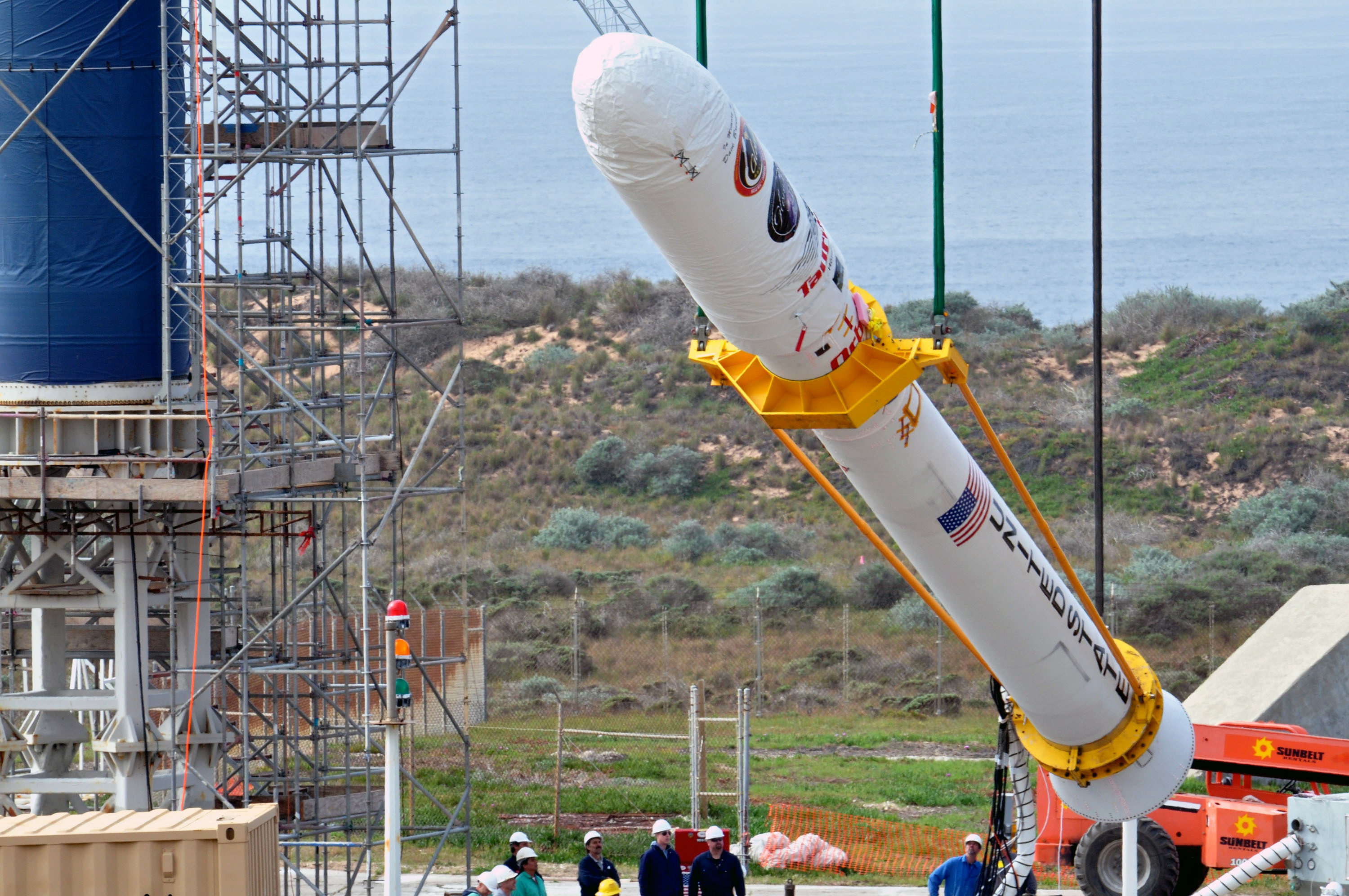
The launch failures that doomed two recent NASA climate-science missions were caused by faulty materials provided by an aluminum manufacturer, agency officials announced today (April 30).
NASA's Orbiting Carbon Observatory (OCO) and Glory spacecraft were lost in 2009 and 2011, respectively, when their Taurus XL rocket rides failed to deliver them safely to orbit. In both cases, the protective payload fairing surrounding the satellites failed to separate as planned and the spacecraft came crashing back to Earth, agency officials have previously stated.
Now, a multiyear investigation by NASA's Launch Services Program (LSP) has laid the blame on Oregon-based aluminum manufacturer Sapa Profiles, Inc. (SPI).
Related: Space Is Hard, Beresheet Israeli Lunar Crash Proves Again
"From NASA's investigation, it is now known that SPI altered test results and provided false certifications to Orbital Sciences Corporation, the manufacturer of the Taurus XL, regarding the aluminum extrusions used in the payload fairing rail frangible joint," agency officials wrote in a statement today. "A frangible joint is a structural separation system that is initiated using ordnance."
As a result of LSP's investigation, NASA's Office of the Inspector General and the U.S. Department of Justice (DOJ) got involved as well. The work by these organizations concluded that SPI falsified thousands of certifications for aluminum extrusions provided to hundreds of customers over a 19-year period, NASA officials said.
SPI has agreed to pay $46 million to the U.S. government and other customers to resolve criminal charges and civil claims, the DOJ announced last week.
Get the Space.com Newsletter
Breaking space news, the latest updates on rocket launches, skywatching events and more!
NASA has suspended SPI from government contracting and proposed debarring the company permanently, agency officials said in the statement.
"NASA relies on the integrity of our industry throughout the supply chain. While we do perform our own testing, NASA is not able to retest every single component. That is why we require and pay for certain components to be tested and certified by the supplier," said Jim Norman, NASA’s director for Launch Services at NASA headquarters in Washington, D.C.
"When testing results are altered and certifications are provided falsely, missions fail," Norman added. "In our case, the Taurus XLs that failed for the OCO and Glory missions resulted in the loss of more than $700 million, and years of people’s scientific work. It is critical that we are able to trust our industry to produce, test and certify materials in accordance with the standards we require. In this case, our trust was severely violated."
OCO would have provided precise measurements of carbon dioxide concentrations in Earth's atmosphere. A replacement, OCO-2, is now doing this work. That satellite launched in July 2014 atop a United Launch Alliance Delta II rocket and is still going strong in orbit.
And the OCO-3 instrument will provide more such measurements soon from the International Space Station, if all goes according to plan. This payload will launch toward the orbiting lab on SpaceX's next cargo mission, which is scheduled to lift off on Friday (May 3).
Glory would have collected a variety of data, to help researchers better understand atmospheric composition, the carbon cycle and climate change, among other topics.
- CO2 Satellite: NASA's Orbiting Carbon Observatory-2 Mission in Photos
- Earth's Atmosphere: Composition, Climate & Weather
- Earth Quiz: Do You Really Know Your Planet?
Mike Wall's book about the search for alien life, "Out There" (Grand Central Publishing, 2018; illustrated by Karl Tate), is out now. Follow him on Twitter @michaeldwall. Follow us on Twitter @Spacedotcom or Facebook.
Join our Space Forums to keep talking space on the latest missions, night sky and more! And if you have a news tip, correction or comment, let us know at: community@space.com.

Michael Wall is a Senior Space Writer with Space.com and joined the team in 2010. He primarily covers exoplanets, spaceflight and military space, but has been known to dabble in the space art beat. His book about the search for alien life, "Out There," was published on Nov. 13, 2018. Before becoming a science writer, Michael worked as a herpetologist and wildlife biologist. He has a Ph.D. in evolutionary biology from the University of Sydney, Australia, a bachelor's degree from the University of Arizona, and a graduate certificate in science writing from the University of California, Santa Cruz. To find out what his latest project is, you can follow Michael on Twitter.

